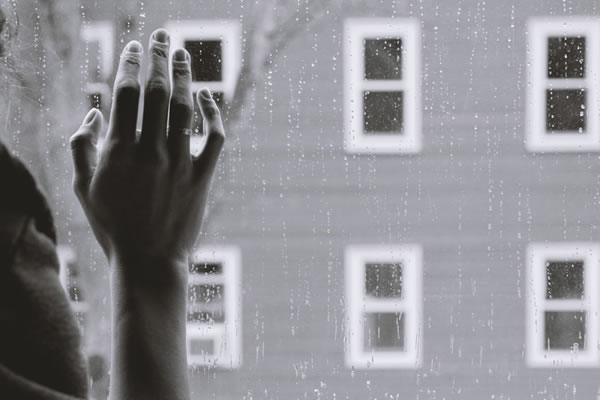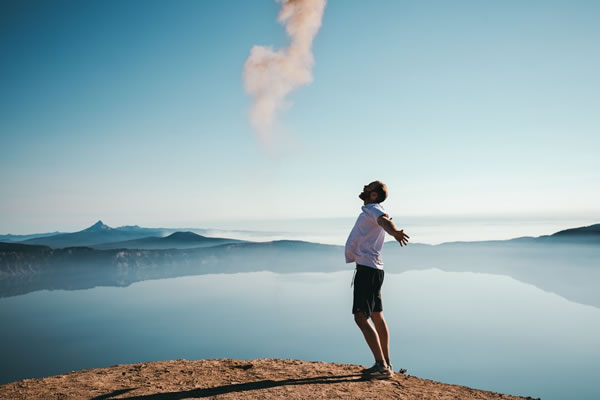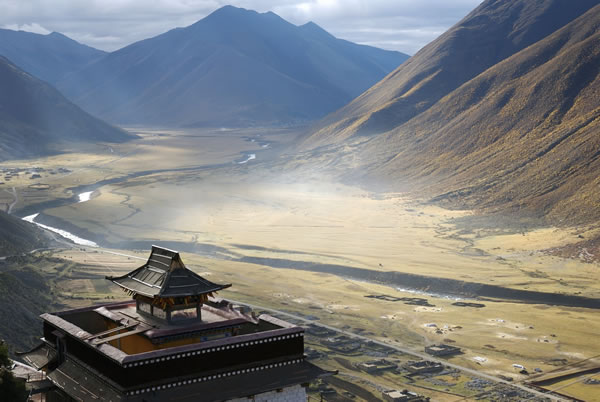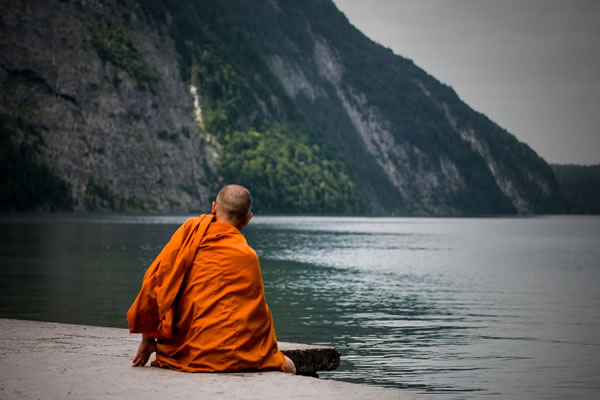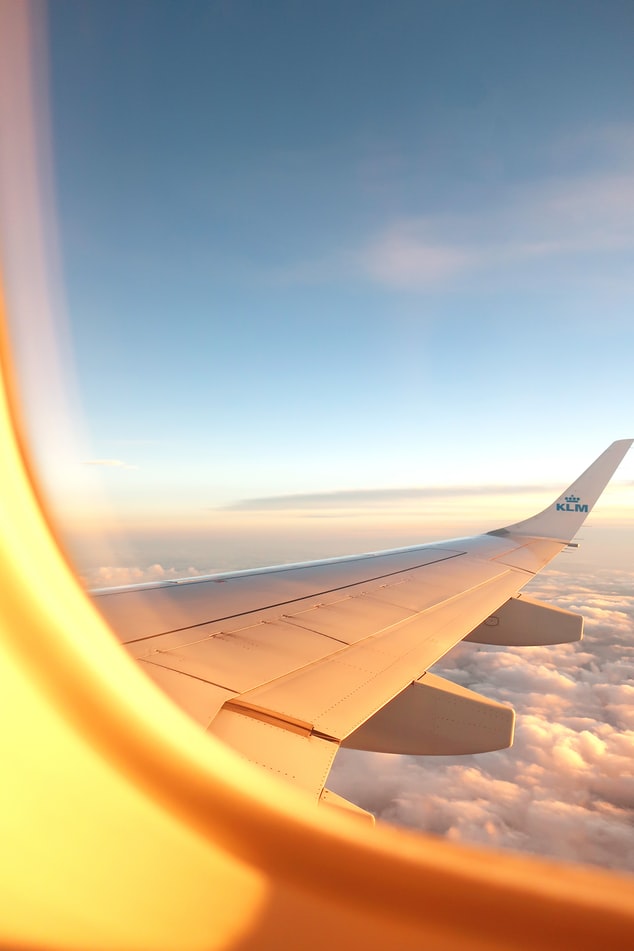
Why do you travel? Perhaps that’s not the easiest question to answer.
Some people would say they travel to relax. Some to experience something new. Some to spend valuable time with their family. But all of these things can be done from the comfort of our own homes. So why do we really feel the need to invest our valuable time and resources in exploring the globe.
Being grounded during the current Covid-19 crisis is forcing us to evaluate why we really wanted to leave home in the first place.
If we stop to think about it, we travel because something we need is not available where we currently are. Historically that would have meant travelling to find fresh pastures, available work, or goods to trade. Today, we might not have to travel across the world to taste the spices of the Orient, but we might be travelling to find something within our psyche that cannot be tapped in familiar surroundings. Our internal exotic spices if you will.
But honestly, a lot of the time we are travelling because it’s a habit that we don’t really think about.
Travel is often marketed to us as the ‘obvious solution’. Whether that’s Easter Holiday airline sales, or a school essay on ‘where I went this summer’, since the spread of frequent and low-cost flights, we are all programmed to believe that a year without a holiday is a peculiarity. Travelling out of habit, travelling without asking ‘why?’ is not beneficial to us nor is it healthy for our planet. It’s time to think more carefully. Thought in travel? Now there’s a thought.
We have a theory about mankind’s impulse to travel: We have an inner dynamic towards growth and self-development. When this is blocked, we get unhappy. Self-development means the rounding out and development of our natures, the exploration of our potential. The wish to travel is a subsection of this wider wish to develop ourselves.
This gets disguised when we are drawn towards specific experiences for seemingly serendipitous reasons. But by digging deeper, we can see that we idealise relaxing on a beach because we are so stressed. We yearn to hike the Appalachian trail because we are tired of taking the same train through the same city every day. We dream of joining Carnival in Rio because we want connection with vibrancy and community.
The theory of pilgrimage is relevant to thinking about travel now. In years gone by, if you had something lacking, you were advised to go to a shrine to fulfil that lack. Your priest, guru or spiritual adviser would advise you where to go, how to travel and which holy sites to visit according to your needs.
Sounds quite similar to the role of a best trusted travel advisors today.
So, in this time of reflection, how can we make the most of the opportunity to plan our future travels?
The first question should be why, rather than where. Because travel is so freely available at a moment’s notice, we tend to rush through this question. The resulting travel is not focused enough on our motives and desired outcomes and ends up feeling…flat or at best a repeat of how you felt last time. The same issues and stresses that plagued us at home will still be there when we return. We haven’t learnt anything tangible that we can take home, we haven’t made any lasting changes to make us a better person.
The bulk of luxury travel that puts the ‘where’ above the ‘why’, follows such a predictable blueprint. It’s a blueprint that realistically hasn’t changed since the days of the Grand Tour. In the 17th and 18th centuries, aristocratic young men were sent with their tutors to travel around Europe and ‘finish’ their education by studying the work of the greats – sketching Greek sculpture and examining Roman architecture.
We continue to travel like this without thinking about it, because guidebooks and travel providers still follow the same outlook and structure. We’re advised of the things we are supposed to see and do, in order to be a good and worthy traveller. We visit the Louvre, tour the Pantheon and ride the London Eye. We do all these things automatically because they’re what you’re meant to do when visiting Paris, Rome and London. But how do any of these things make each of us a better person? And if we wouldn’t visit an art gallery in our hometown, why would we suddenly enjoy doing it abroad? Why is it better to see London from far above, when you could be walking the streets, tasting the street food and running your hand over the historical buildings?
Similarly, just because your friend or neighbour found a specific country, town or hotel wonderful, doesn’t mean that it will bring you the same pleasure. You may have similar tastes, but you have very different needs, wants and desires. An idyllic, family-run B&B tucked in the Welsh mountains may have been perfect for your friend if they were chasing nostalgia to help them switch off from their adult responsibilities. You may like the same style of hotel, but if you’re really looking for excitement and stimulus from your holiday to counteract the boredom you feel in your job, then no amount of homecooked breakfasts and lace doilies can fix that.
Once we’ve pinpointed the need we need to fulfil, or the problem we need to solve, sometimes we’ll realise that the need to travel far has dissipated. If we’re unhappy in our job and feeling burnt out, the automatic way to invest our holiday time might be heading to an idyllic Caribbean beach. But our time might be better spent at home, visiting friends in a career we’ve been intrigued by, or by joining a community group that will enrich our leisure time. If you are travelling to fix an issue, make sure that you’re a lasting fix, rather than slapping a band-aid on a bigger issue.
When we travel again, having had time to think about how much we miss travelling and exploring, will we do anything differently? Will we make better use of our time investment by ensuring that our travels have a defined goal in mind? Perhaps the pleasure we derive from travel depends more on our outlook, rather than the destination itself, and the best way to make the most of our adventures overseas, is learning how to re-appreciate our everyday lives.
